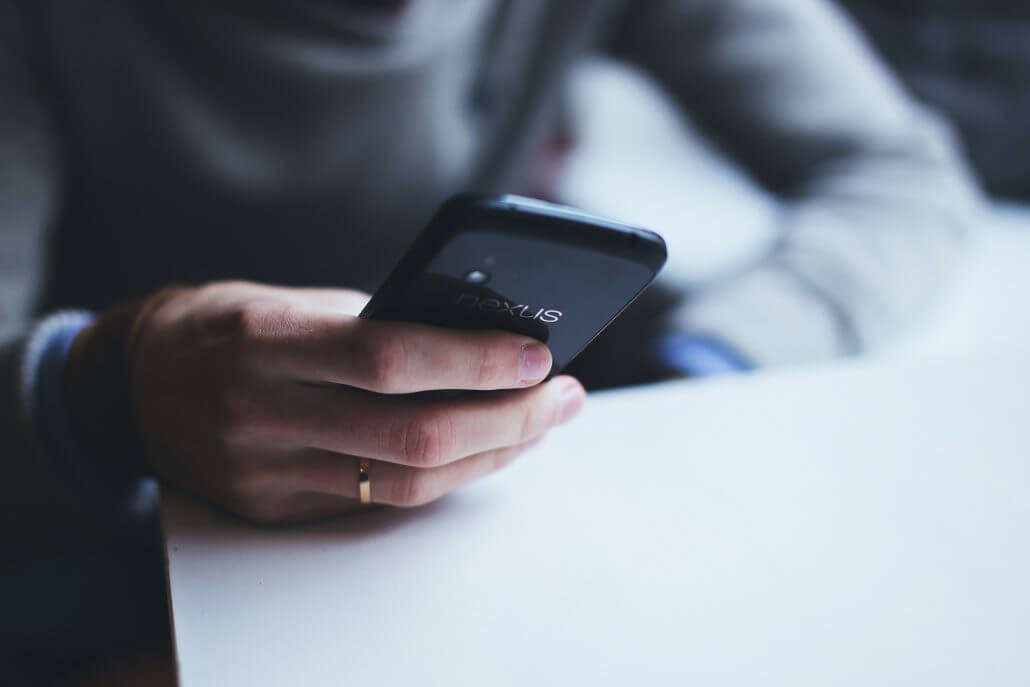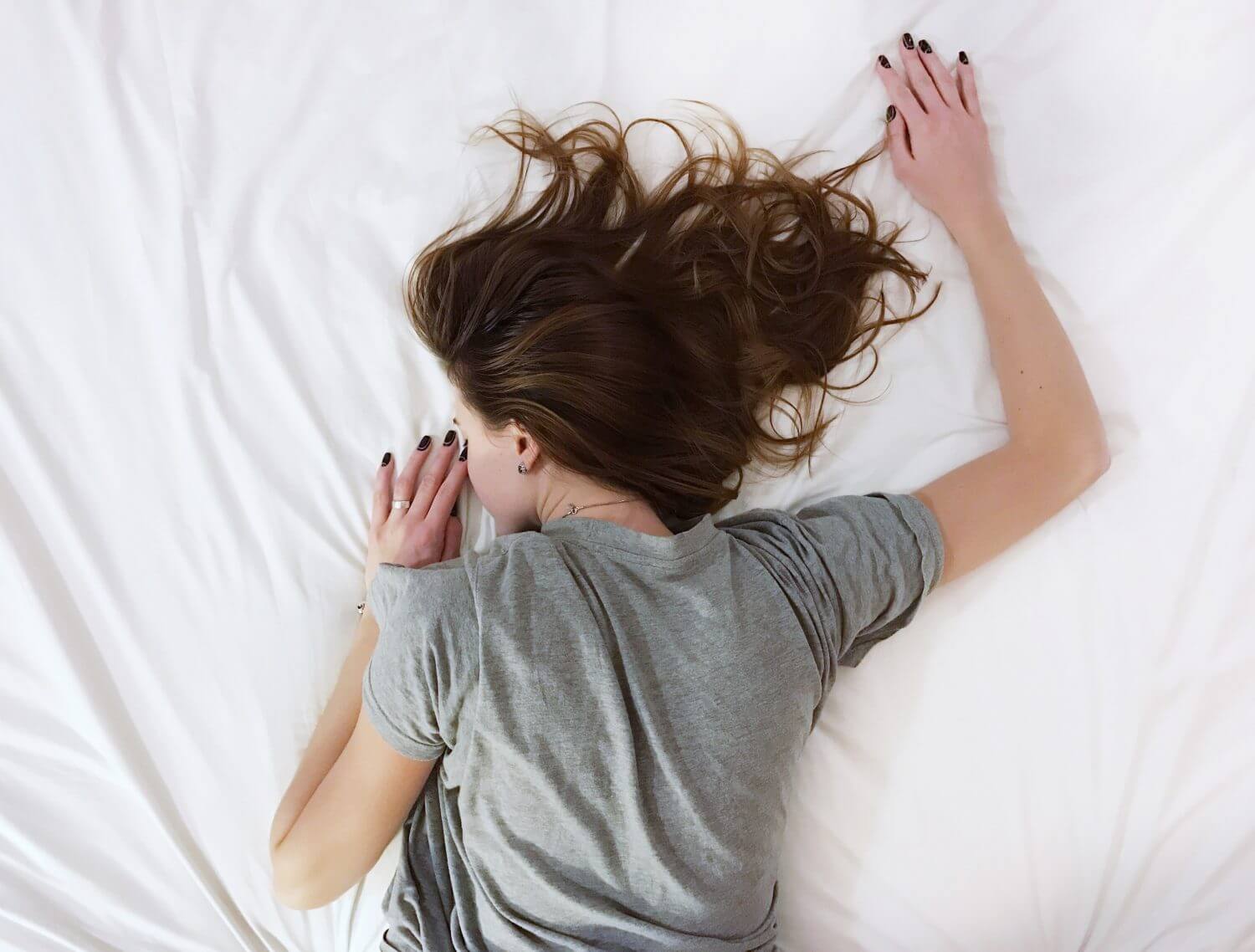It’s no doubt smartphones have changed our lives. They have made keeping in touch with loved ones easier. They have frustrated parents of teenagers. They have put the world at our fingertips, but they’ve increased the pace of our lives to frenetic levels. There are arguments both for and against smartphones, but are they making us unhealthy?
There’s an App for That
Smartphones make technology more easily accessible than ever, and because of this, the app market has capitalized on ways to make us healthier. FitBit is the number 1 health and fitness app, and there’ve been staggering amounts of data captured by the app—90 billion hours of heart rate data, 85 trillion steps, 5.4 billion nights of sleep, and 167 billion minutes of exercise. Apps for tracking nutrition have helped millions of people identify the things in their diets they should and shouldn’t be eating, improve their diets. Apps like My Fitness Pal, which tracks not only diet but exercise as well, we have access to convenient, easy, and more often than not free wellness data that no diet and exercise journal can compete with.
Apps help us manage our wellbeing and time, from grocery delivery to mapping out a drive to a place we’ve never been. One of the top apps in 2017 has been Calm, a mindfulness and meditation app, and helps with sleep. Another app, Headspace, offers mindfulness and meditation guided practice. Cook Smarts and Pepperplate apps put meal planning for the health conscious eater front and center. Cook Smarts even has information about learning to cook.
We can manage our finances with the touch of a button, refill prescriptions, monitor our food intake and our exercise patterns, train for marathons, get better sleep, and overall reduce our stress levels with the use of creative, innovative, and forward-thinking apps.
The fear of missing out on something online means plenty of people are missing out on what’s right in front of them.
The Trade-off for Smartphones…
But with every good thing, there are often drawbacks. People report increased anxiety if they don’t have their phone on them at all times. Social media helps us connect with people all across the world, but common complaints revolve around a bigger disconnect than ever before. People aren’t looking away from their phones to experience life in person. The fear of missing out on something online means plenty of people are missing out on what’s right in front of them.
The question of whether or not our smartphone habits contribute to increased rates of depression, anxiety, and suicidal tendencies has been asked more than once. Teenagers who report spending more time on their phones and less interacting face-to-face with their friends report higher incidents of depression and a greater sense of detachment. While the research isn’t definitive, it’s definitely something to consider.
There are also correlations between smartphone usage inhibiting healthy sleep patterns, either from staying up too late to check the news or social media, or because they emit light and noise even in the middle of the night. Blue light in smartphone screens is interpreted by the brain as daylight, which suppresses melatonin production, the hormone affecting our circadian rhythms. Phone designers have tried to account for this by introducing night modes, which change screen coloring to reduce blue light. So those who read in bed on a device, or use their phone as an alarm clock, aren’t subjected to the brain stimulating nature of their phone screen during nighttime hours.
The benefits versus the drawbacks of smartphones have valid arguments on both sides. The enhancements to our lives made by smartphones are difficult to dispute, but society has changed as a result. We’re more connected than ever, and yet, we’re also more distracted. Keeping in mind the many ways our behavior has changed thanks to the devices in our pockets, we can take steps to ensure we reap the benefits while being mindful of the detriments.
Our 9-Week Ultimate Weight Loss Nutrition Program is a FREE resource. Let’s get started.






